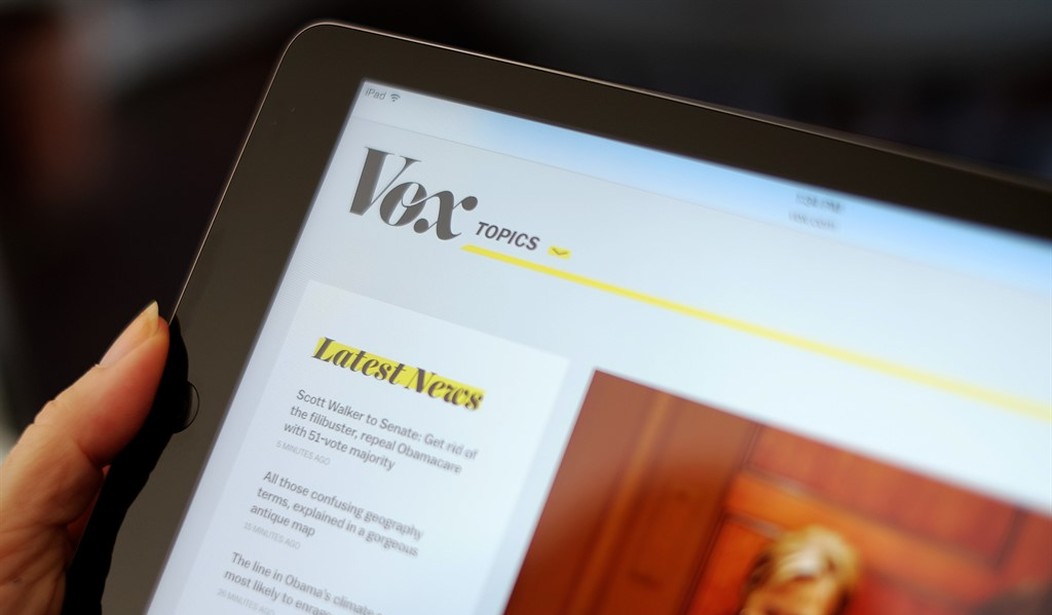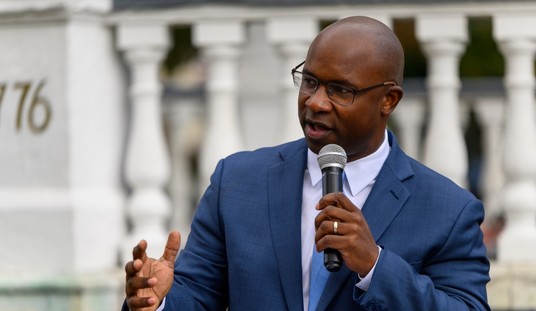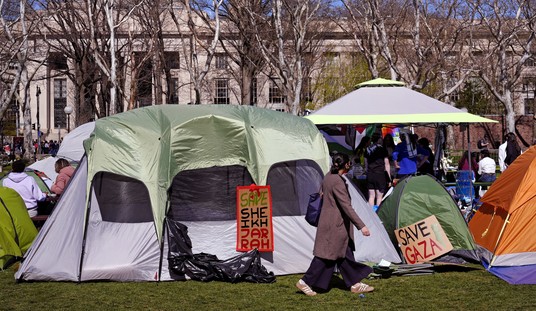You may have heard that Vox media is going to merge with another company called Group Nine Media to create one larger company:
Vox Media, co-founded by Mr. Bankoff in 2011, is the publisher of Vox.com, The Verge and SB Nation, as well as New York magazine and its related websites, which it bought in 2019. Group Nine operates the lifestyle sites PopSugar, NowThis, the Dodo, Thrillist and Seeker. The combined company, encompassing nearly 350 million social media followers and six billion monthly video views, is expected to generate more than $700 million in revenue and $100 million in pretax profit next year, according to two people familiar with the financial details.
The NY Post reported that one thing driving the merger is the fact that both companies aren’t worth what they were just a few years ago and some cost-savings are needed.
Sources say Group Nine’s worth has slumped to $225 million, less than half the $585 million it touted in 2016 when it got a $100 million investment from Discovery. Likewise, Vox — which was valued at $1 billion in its last funding round in 2015 — was valued at approximately $672 million, according to sources close to the deal.
Decline in online media is hardly a new story and I’m genuinely not wishing anyone ill here but I did have all of that merger stuff in mind today when I came across this article at Vox arguing that maybe it’s time to take a break from capitalism because the world is ending:
For a moment in early 2020, it seemed like we might get a break from capitalism.
A novel coronavirus was sweeping the globe, and leaders and experts recommended that the US pay millions of people to stay home until the immediate crisis was over. These people wouldn’t work. They’d hunker down, take care of their families, and isolate themselves to keep everyone safe. With almost the whole economy on pause, the virus would stop spreading, and Americans could soon go back to normalcy with relatively little loss of life.
Obviously, that didn’t happen.
Instead, white-collar workers shifted over to Zoom (often with kids in the background), and everybody else was forced to keep showing up to their jobs in the face of a deadly virus. Hundreds of thousands died, countless numbers descended into depression and burnout, and a grim new standard was set: Americans keep working, even during the apocalypse.
Yes, it’s true that we didn’t move immediately to Universal Basic Income for everyone but we did pump out trillions of dollars in unemployment benefits, and create an eviction moratorium that led a lot of people to stop paying rent and we shut down schools for longer than was really necessary. In that case it seemed the potential harm to teachers was considered far more serious than the potential harm to their students.
Anyway, Vox runs through a litany of recent crises—the pandemic, the death of George Floyd, the riot at the Capitol, the Omicron variant, tornadoes, the looming collapse of democracy, climate change—and concludes it’s all too much. What we need is the apocalypse version of a snow day.
Experts say what’s needed is, at minimum, a new approach to employee well-being and, at a maximum, a full rethinking of the meaning of work in America.
Companies can start by taking the onus off individual employees and offering time off to everyone in difficult times. Even if management encourages people to take time off, employees may fear repercussions if they actually do it, Anderson pointed out — plus they’ll be coming back to a mountain of work on their return. A better strategy is to simply give time off to all employees without requiring them to request it. Nike, for example, gave all office employees a week off earlier this year, and Bumble and LinkedIn enacted similar policies.
As much as I really don’t care for a lot of Vox’s output, I think there’s something to the idea that the world seems a bit more stressed out than usual. You can feel it when you’re driving or when you’re in a store sometimes. People are just a little closer to the edge than they usually are. Outbursts seem to happen more often and with less provocation than they did pre-pandemic. My daughter told me recently about one such incident at a local pharmacy. A man became outraged because the pharmacist didn’t have enough pills to fill his entire order and asked the man if he could come back the next day for the remainder of his prescription. This led to a showdown where the man refused to pay for his prescription or step away from the register until he could talk to a manager. But the manager was off that day and so it was just a kind of in-store stalemate for about 20 minutes with people (including my daughter) stuck in line waiting for this mini-drama to end. Eventually he just stormed out.
So, okay, maybe we all do need a week off for mental health. The problem is that I don’t think Vox really wants that week to ever end. They want to make this sort of thing a permanent part of work culture. If you’re not feeling 100% chipper when you wake up, maybe just go back to bed because, hey, it’s only capitalism.
This sounds like the definition of a very slippery slope to me, one that would make it very difficult for businesses to get much of anything done in a cost-effective or timely way. And I wonder if the people who are working on the Vox merger in light of their declining valuation are reading this same article and wondering if it’s all just hopeless. What’s the point of trying to rescue a struggling company when the company itself is publishing arguments for taking an ongoing break from capitalism? Can you really make a success out of a company full of people who, in their hearts, believe work is borderline immoral? I guess we’ll find out.








Join the conversation as a VIP Member